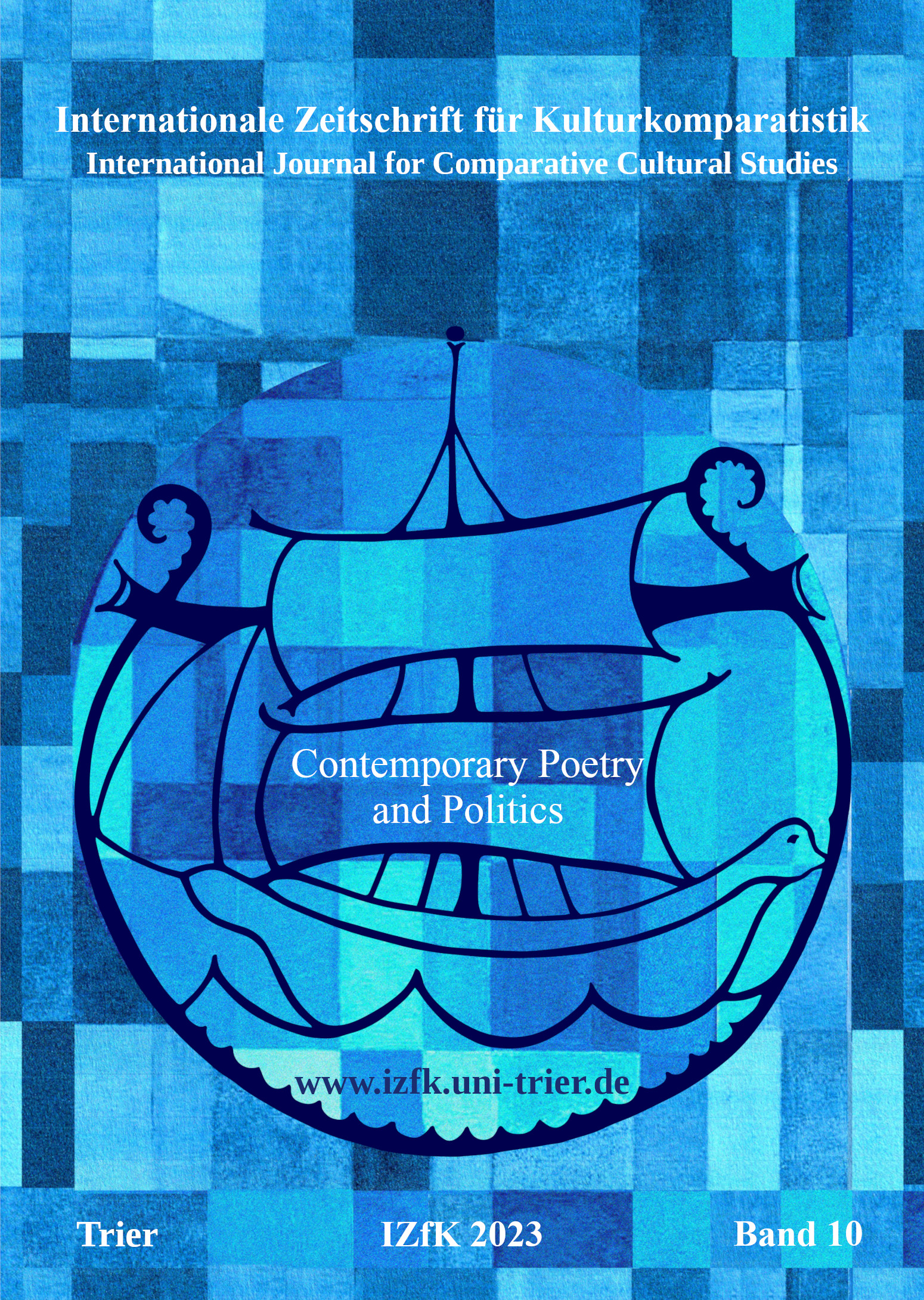Zwischen Forensik und Philologie: Przemysław Dakowicz und die nationalistische Lyrik im heutigen Polen
Hauptsächlicher Artikelinhalt
Abstract
Between Forensics and Philology: Przemysław Dakowicz and Nationalist Poetry in Contemporary Poland
Using the texts of the poet and literary scholar Przemysław Dakowicz as an example, this article analyzes how the traditional martyrological discourse of the ‘romantic paradigm’ (Maria Janion) is revived in contemporary Polish poetry. The aesthetic and political instrumentalization of the symbolic link between the mass execution of Katyń in 1940 and the air crash of Smolensk in 2010 is of particular importance in this context, and, in approaching these subjects, I will suggest reading Dakowicz’s obsessive interest in the physical remains of the dead as a poetic implementation of the forensic turn that has critically manifested itself in recent years in the research of mass violence and crimes of genocide. In my discussion of the historical-political and poetic implications of this turn, I argue that Dakowicz performs a shift from the perspective of the witness to an event to that of the witness to the exhumation of physical remains and that this is how his professional background as a literary scholar comes into play. In dealing with the remnants of dead bodies, Dakowicz engages competing strategies of archiving (sighting, sifting, and safekeeping) on the one hand and hermeneutics (interpretation, revitalization) on the other. The works of the Polish historian Ewa Domańska serve as further theoretical background to this discussion (“Nekros: Introduction to the Ontology of the Dead Body,“ 2017, in Polish).


